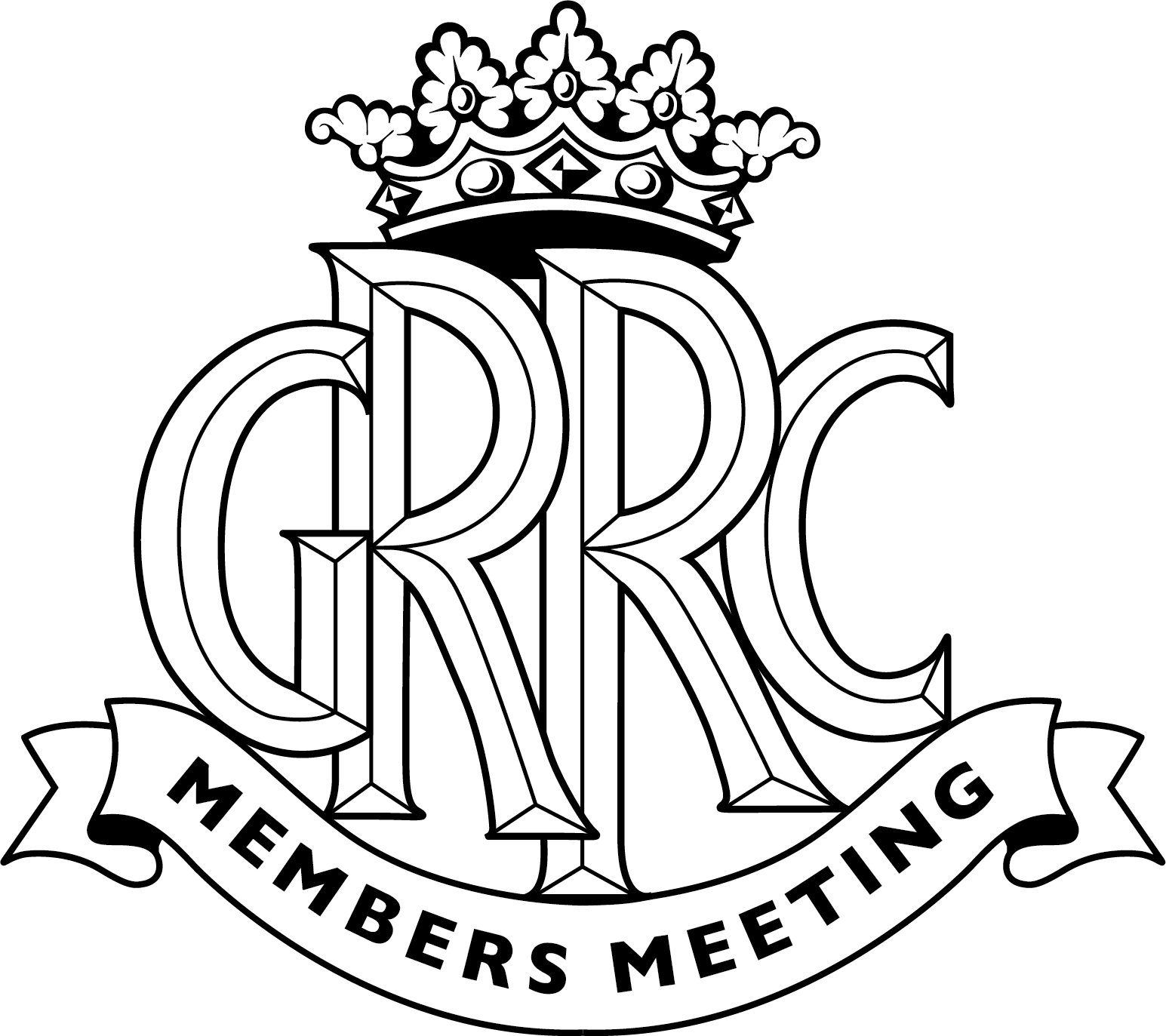Thank Frankel it's Friday: Chris Bristow, the talent robbed of his chance to flourish
 Andrew Frankel
Andrew Frankel
Rightly, people have this week been remembering Graham Hill, on the 41st anniversary of his death. Fewer, I think, will pause to reflect that today would have been the 79th birthday of Chris Bristow, and the fact that in average life expectancy terms, he should still be with us. Even on a site such as this, I fear most will instead be wondering who the hell was Chris Bristow.

It’s understandable. Chris Bristow started a grand total of four World Championship Formula 1 races and scored points in precisely none of them. Indeed if he is remembered at all it is for the ghastly way he died in a cartwheeling Cooper at Spa in the 1960 Belgian Grand Prix, the same event in which Alan Stacey also died, Stirling Moss nearly died and Mike Taylor had a career ending accident.
But there are those, his manager Ken Gregory among them, who believed that had fate not so cruelly intervened when Bristow was just 22 years old, he’d have made it all the way to the top. Indeed in one interview conducted before his death in 2013, Gregory described Bristow as ‘the early Schumacher of his day.’ And he wasn’t talking about Ralf.
The son of the manager of a car hire business, there seems some dispute as to what kind of character Bristow really was. Some remember him as a wheeler-dealer, party-goer and a man with a keen eye for the ladies, others as a quiet professional keen to learn from mentors like Moss. What no-one disputes, however, is that behind the wheel of a racing car, he was quick.
Scarily quick, at times. Robert Edwards wrote Ken Gregory’s biography (the superb ‘Managing a Legend’ first published in 1997) and says that at his first proper test at Brands Hatch he was so quick that ‘all present had to check their watches.’
Bristow’s first outing on the grandest of stages came at the 1959 British Grand Prix, an event that mixed Formula 1 and F2 cars to create a grid so full six drivers didn’t even qualify to race. Bristow did however in his F2 Cooper-Borgward, ahead of his vastly experienced, Le Mans-winning teammate Ivor Bueb. Come the start of the race, Bristow fled. Unable to catch the F1 boys with engines an entire litre bigger than his, he made mincemeat of the F2 competition – lapping the lot before the flag fell.
This earned him a race in a proper Formula 1 car, at the non-championship Oulton Park Gold Cup that September. Driving a Cooper-Climax T51, he came home third ahead of the likes of Graham Hill and Roy Salvadori, beaten only by Moss and world champion Jack Brabham. No shame there.
He was no less stunning in Goodwood’s Glover Trophy in April 1960. He was third in the Cooper again, this time beaten only by Moss and winner Innes Ireland, who came with the rather unfair advantage of being installed in a brand new car – the staggeringly quick but fragile Lotus 18. Scalps this time included not only Hill’s but those of Bruce McLaren, Jo Bonnier and Tony Brooks too. The best, in other words.
His entry into the Daily Express Trophy race at Silverstone was withdrawn after the tragic death of team-mate Harry Schell in practice, but at Monaco he qualified fourth, beaten only Moss, Brabham and Brooks who, with Dan Gurney, were unquestionably the greatest drivers racing that year. Gearbox failure precluded him showing his potential in the race. He retired again at Zandvoort before the circus moved on to Spa.
The exact reason for Bristow’s crash will never be known for sure but at the time he was engaged in what MotorSport magazine felt inclined at the time to describe as ‘a pretty lethal duel’ with Willy Mairesse competing in his very first Grand Prix. On lap 19, Bristow got by on the run past the old pits, slithered up through Eau Rouge, got through Les Combes and headed down towards the endless, evil near-flat curve at Burnenville. And it seems he just got it wrong. In his desire to stay ahead of Mairesse, he went in too hard and on fractionally the wrong line and paid the ultimate price.
It is always tempting with cases like his to extrapolate forward and gift the deceased championships they never actually won. The truth is no one knows how good Chris Bristow would have become. All that’s known is how good he actually was at the time of his passing. And the truth is that in a privately entered car and with zero experience at the top level, he could hold his head high in the most exalted company Formula 1 could offer at that time. Like Tony Brise, the other great young talent whose life was extinguished 42 years ago this week when Graham Hill’s Piper crashed onto Arkley Golf Club, we can only imagine what he might have gone on to achieve. It’s a woefully inadequate legacy but, sadly, all we’ll ever have.
Photography courtesy of LAT
thank frankel it's friday
Chris Bristow
grand prix



































































